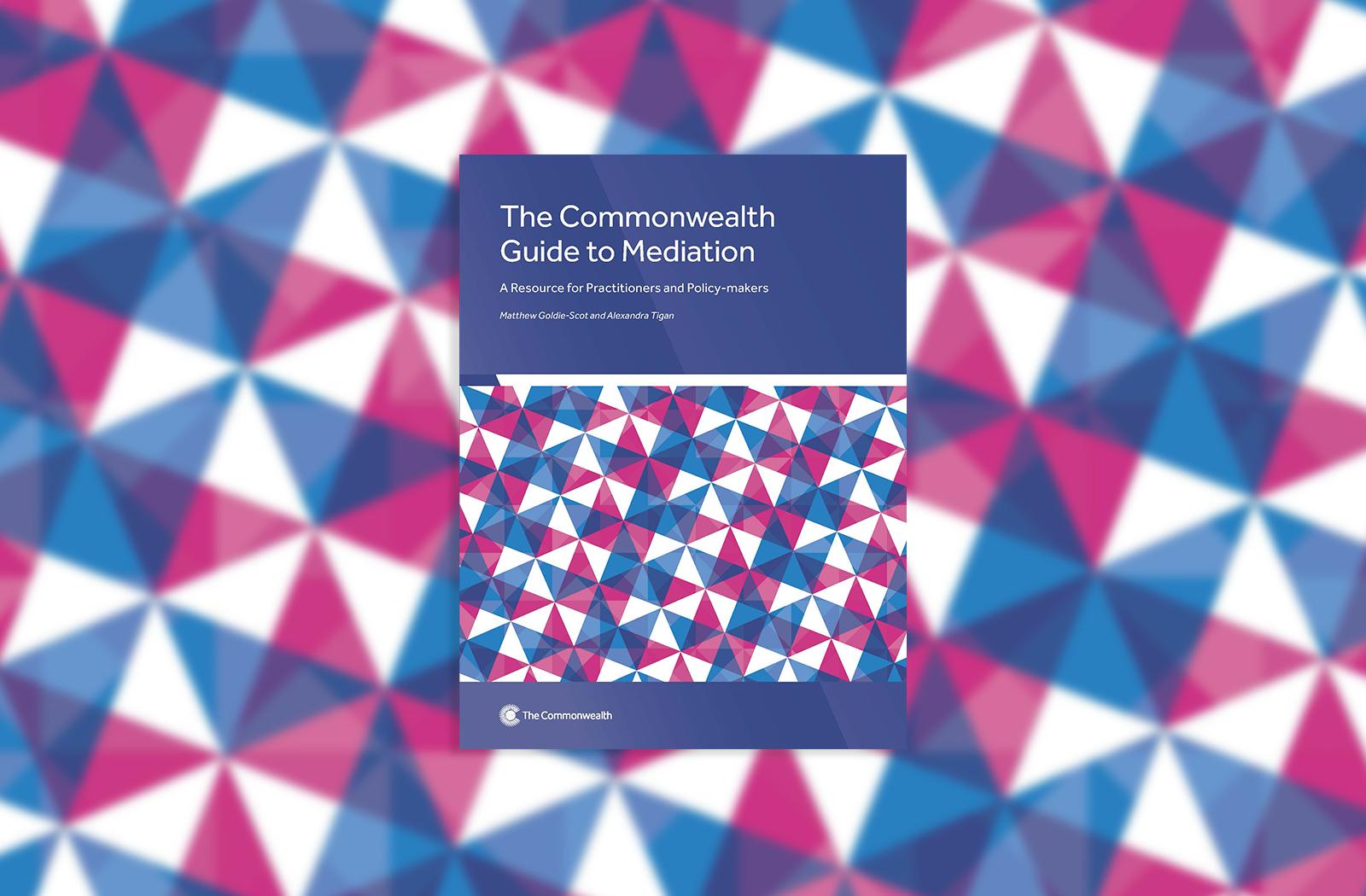
By examining the position of mediation in a tradition of ‘adversarial’ court-adjudicated disputes, The Commonwealth Guide to Mediation chronicles the evolution of mediation as a case management tool. Furthermore, it explores the various models that have been adopted, identifying emerging areas of innovation and highlighting exemplars of good practice.
The Guide examines the distinction and relationship between mediation and arbitration, as well as noting the growing role of ‘Med-Arb’ and ‘Arb-Med’ practices by which the mediation and arbitration processes are combined. This is undertaken alongside a wider exploration of the relationship of mediation to broader justice traditions (including, but not limited to, litigation and arbitration) while acknowledging the varied and long-standing indigenous approaches to justice and dispute resolution. With this context established, the Guide explores the potential impact of mediation on the law throughout the Commonwealth, and the implications this may have for stakeholders.
Contents
- Introduction
- 1 The History and Development of Mediation as an Alternative Dispute Resolution (ADR) Practice
- 1.1 The position of mediation in a tradition of adversarial, adjudicated disputes
- 1.2 The evolution of mediation as a case management tool
- 1.3 The relationship of mediation to arbitration and other ADR practices
- 1.4 The relationship of mediation to other justice traditions, including restorative justice
- 1.5 The potential impact of mediation on the development of the law
- 2 Selected Uses and Applications of Mediation, Including Examples from the Commonwealth
- 2.1 What are the current uses of court-annexed or court-mandated mediation?
- 2.2 How is mediation used in commercial disputes?
- 2.3 How is mediation used in family disputes?
- 2.4 How is mediation used in other civil disputes?
- 2.5 How is mediation used in criminal disputes?
- 2.6 How is mediation used in international disputes, and what is the Singapore Convention?
- 2.7 How is mediation used in other instances?
- 3 Benefits, Potential Challenges and Limitations of Mediation
- 3.1 What are the potential effects of mediation on access to justice?
- 3.2 What ethical considerations arise in mediation cases?
- 3.3 What effects does mediation have on the operation of the court system?
- 3.4 How is technology used in mediation?
- 3.5 Can the introduction of compulsory mediation or the grant of power to judges to encourage the use of mediation assist with effective case management?
- 4 Attitudes towards Mediation
- 4.1 Judiciary
- 4.2 Mediators
- 4.3 Legal profession
- 4.4 Users of mediation (individuals and businesses)
- 5 Mediators and Modes of Mediation
- 5.1 Modes of mediation
- 5.2 Quality of mediators
- 5.3 Registration and training of mediators
- 5.4 Diversity among mediators
- 5.5 Regulation of mediation
- 6 Recommendations
- 6.1 Recommendations for governments
- 6.2 Recommendations for the legal profession
- 6.3 Recommendations for the Commonwealth Secretariat
- 6.4 Recommendations for mediation bodies
- 6.5 Recommendations for mediators



